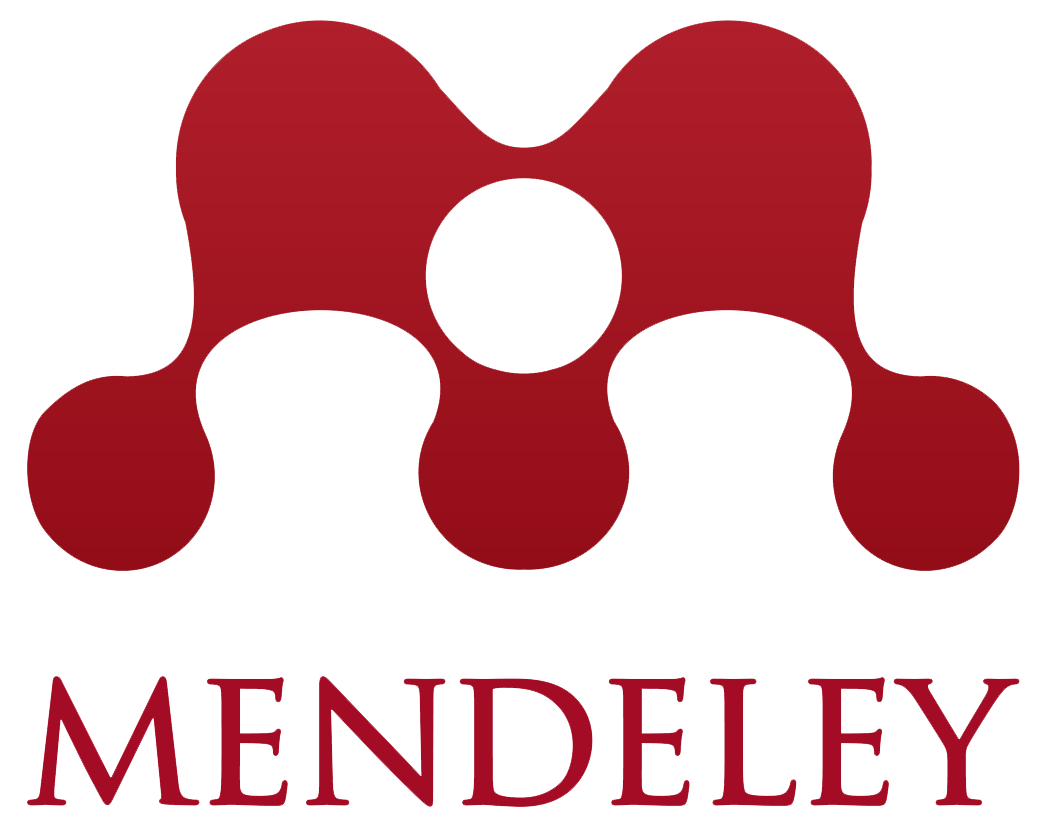Developmental Psychology In the Arabic Language Learning and Teaching Process/ Psikologi Perkembangan Dalam Proses Belajar Mengajar Bahasa Arab
DOI:
https://doi.org/10.69988/nw10hb49Keywords:
Developmental Psychology, Teaching, Learning, Arabic LanguageAbstract
This article discusses the importance of developmental psychology in learning and teaching the Arabic language. Data were obtained from a literature study in the form of journal article documents and reference books related to developmental psychology and Arabic language learning. The results of the study showed that developmental psychology provides insights into how individuals develop cognitively, socially, and emotionally at various stages of their lives. This understanding is crucial for teachers in designing and implementing effective teaching strategies that cater to the needs of students. The article highlights how teaching strategies tailored to students' developmental stages can enhance motivation and learning outcomes. Additionally, the article identifies the challenges teachers face in applying the principles of developmental psychology, such as individual differences among students, limited resources, and inadequate training. Teachers can create a more inclusive and effective learning environment by addressing these challenges through continuous support and training. Implementing developmental psychology in Arabic language teaching is expected to help students reach their full potential and improve the overall quality of education.
References
Asrori, Muhammad. 2007. Psikologi Pembelajaran. Bandung : CV Wacana Prima
Berk, L. E. (2013). Child Development (9th ed.). Boston, MA: Pearson.
Brown, H. D. (2000). Principles of Language Learning and Teaching (4th Edition). Longman.
Bruner, J. S. (1966). Toward a Theory of Instruction. Harvard University Press.
Darling-Hammond, L. (2006). Constructing 21st-century teacher education. Teaching and Teacher Education, 22(4), 610-629. DOI: https://doi.org/10.1163/9789087903565_014
Erikson, E. H. (1950). Childhood and society. Norton.
Erikson, E. H. (1963). Childhood and society. Norton.
Erikson, E. H. (1968). Identity: Youth and crisis. Norton.
Jahja, Yudrik. (2011) Psikologi perkembangan. Kencana, 2011.hal 7
Kohlberg, L. (1984). The Psychology of Moral Development: The Nature and Validity of Moral Stages (Vol. 2). Harper & Row.
Marwanto, M. P. (2022). Psikologi perkembangan
McDevitt, T. M., & Ormrod, J. E. (2019). Child Development and Education (6th ed.). Upper Saddle River, NJ: Pearson.
Ormrod, J. E. (2016). Educational Psychology: Developing Learners (9th Edition). Pearson.
Piaget, J. (1972). The psychology of the child. New York: Basic Books.
Piaget, J. (1973). To Understand Is to Invent: The Future of Education. Grossman.
Santrock, J. W. (2010). Educational Psychology (6th ed.). New York: McGraw-Hill.
Santrock, J. W. (2019). Life-Span Development (17th Edition). McGraw-Hill Education.
Schunk, D. H., & Pajares, F. (2009). Self-efficacy theory. In K. R DOI: https://doi.org/10.1016/B978-0-08-044894-7.00620-5
Slavin, R. E. (2020). Educational Psychology: Theory and Practice (13th Edition). Pearson.
Vygotsky, L. S. (1978). Mind in Society: The Development of Higher Psychological Processes. Harvard University Press.
Downloads
Published
Issue
Section
License
Copyright (c) 2024 The names and email addresses entered in this journal site will be used exclusively for the stated purposes of this journal and will not be made available for any other purpose or to any other party.

This work is licensed under a Creative Commons Attribution-ShareAlike 4.0 International License.








